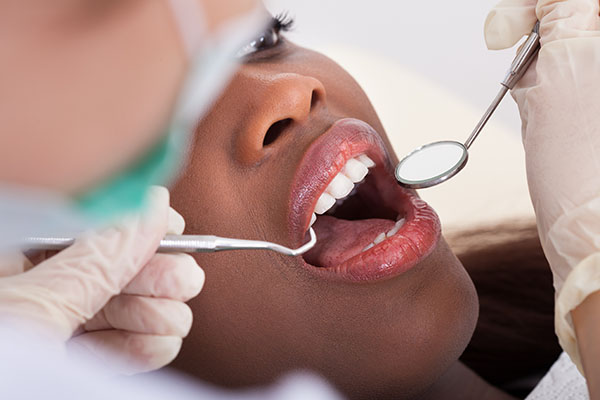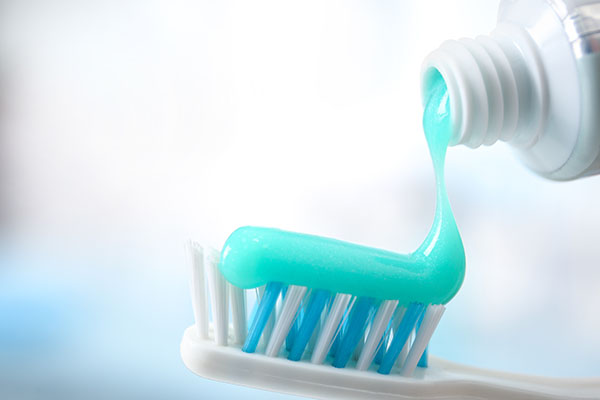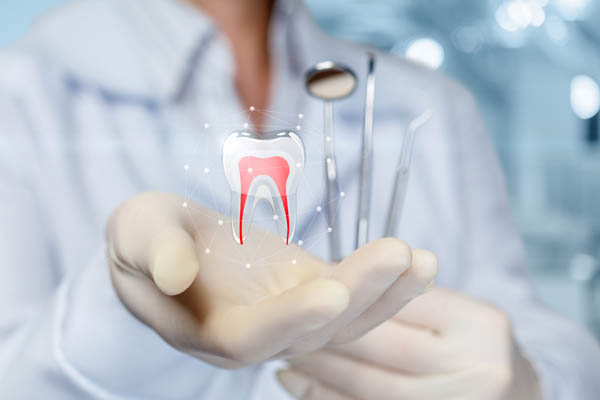 Food and drink have a lot to do with oral health, but certain medications can also have an impact. While bleeding gums are often associated with signs of plaque buildup along the gum line, it is possible for those who take blood thinners to be more susceptible to this condition as well.
Food and drink have a lot to do with oral health, but certain medications can also have an impact. While bleeding gums are often associated with signs of plaque buildup along the gum line, it is possible for those who take blood thinners to be more susceptible to this condition as well.
Blood thinners are used to help manage serious medical conditions, but they can also impact mouth health. It is crucial to pay close attention to oral hygiene and dental checkups if prescribed blood-thinning medications.
The effects of anticoagulants
Blood thinners can be purchased as an over-the-counter medication (as with aspirin) or prescribed by a physician. The purpose of these medications is to reduce the chances of having either a stroke or heart attack, as the components work to stop blood clots from forming. If a blood clot is able to travel to the heart or brain and cause a blockage, serious side effects occur. However, because blood does not clot as fast when on anticoagulants, it can create complications during medical procedures or when a wound occurs.
Bleeding gums are also more complicated when blood thinners are involved. It is normal for healthy gums to bleed a little when flossing or brushing, but anticoagulants can exacerbate this issue. Brushing the gums too hard or with a stuff-bristled toothbrush can cause the gums to bleed more than usual, and great care needs to be taken when the bleeding does not stop.
The impact of blood thinners on oral health
One of the more serious concerns with blood thinners and oral health is the potential for complications during dental procedures. The dental professional should always be told in advance when a patient is on blood thinners, as a procedure may be put on hold while there is an increased risk of heavy bleeding. However, being on blood thinners does not mean it is OK to reduce vigilance on oral hygiene.
Some people taking anticoagulants experience mild to severe bruising of the gums during routine hygiene like brushing and flossing, or they may notice heavier bleeding if they sustain an injury to the mouth. It is not normal for the gums to bleed for prolonged periods of time or to bleed significantly each time flossing and brushing takes place. This could be a sign of a more serious concern that needs to be checked.
Minimizing the risk of bleeding
Bushing and flossing twice a day with an extra-soft-bristled toothbrush can reduce the risk of excess bleeding. When plaque is found along the gumline, it leads to inflamed gums. A sign of this inflammation is increased bleeding, and if left unresolved, can lead to the dangerous condition of periodontitis. Increasing the intake of vitamin C can help the body fight off infections that cause the gums to bleed, and rinsing with an antibacterial mouthwash can also rid the mouth of plaque and promote healthy gums.
Conclusion
Bleeding gums can be expected when taking blood thinners, but they should never be taken lightly. Maintain regular oral hygiene practices to reduce the risk of more serious bleeding from gum disease.
Request an appointment or call Miami Beach Smiles at 305-534-2526 for an appointment in our Miami Beach office.
Recent Posts
Patients do not have to accept bleeding gums as part of routine oral health maintenance as this condition can lead to more advanced forms of gum disease. It can easily be treated with specialized products in the early stages. These patients should visit a dentist as soon as possible after noticing gum inflammation or bleeding…
Understanding what causes bleeding gums is vital for preventing this common condition and promoting proper oral hygiene. Dentists can make recommendations to help patients maintain healthy gums and avoid widespread health and oral complications.People frequently dismiss gum bleeding as a normal consequence of overly aggressive brushing or flossing. Using a toothbrush with stiff bristles might…
Although the gums may bleed occasionally from rough brushing or flossing too vigorously, frequent bleeding gums are a sign that something is wrong. Dental issues are the most common cause of this bleeding, often due to proper oral hygiene not being practiced. Depending on the cause of the bleeding, there are certain treatments and preventative…


